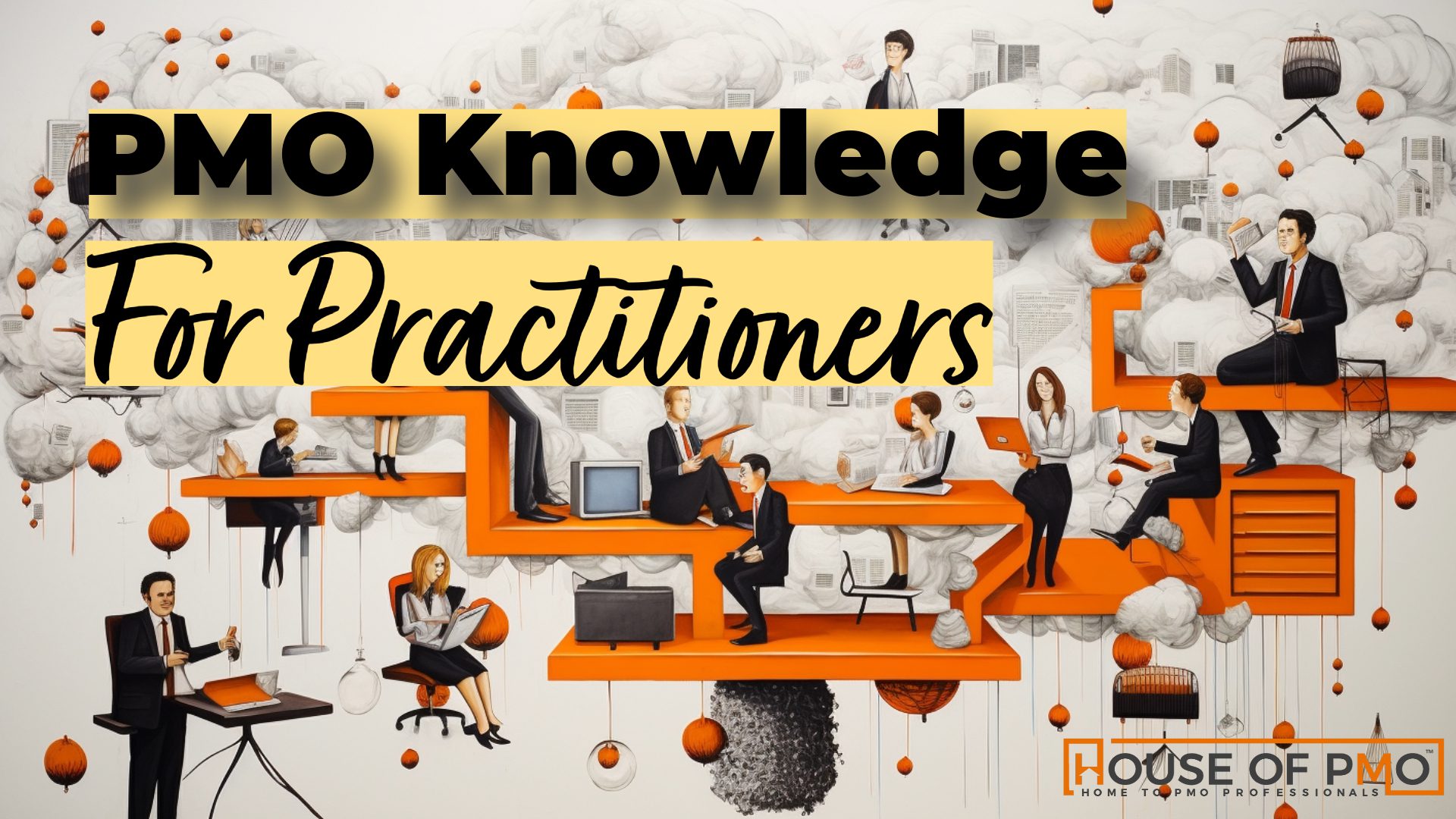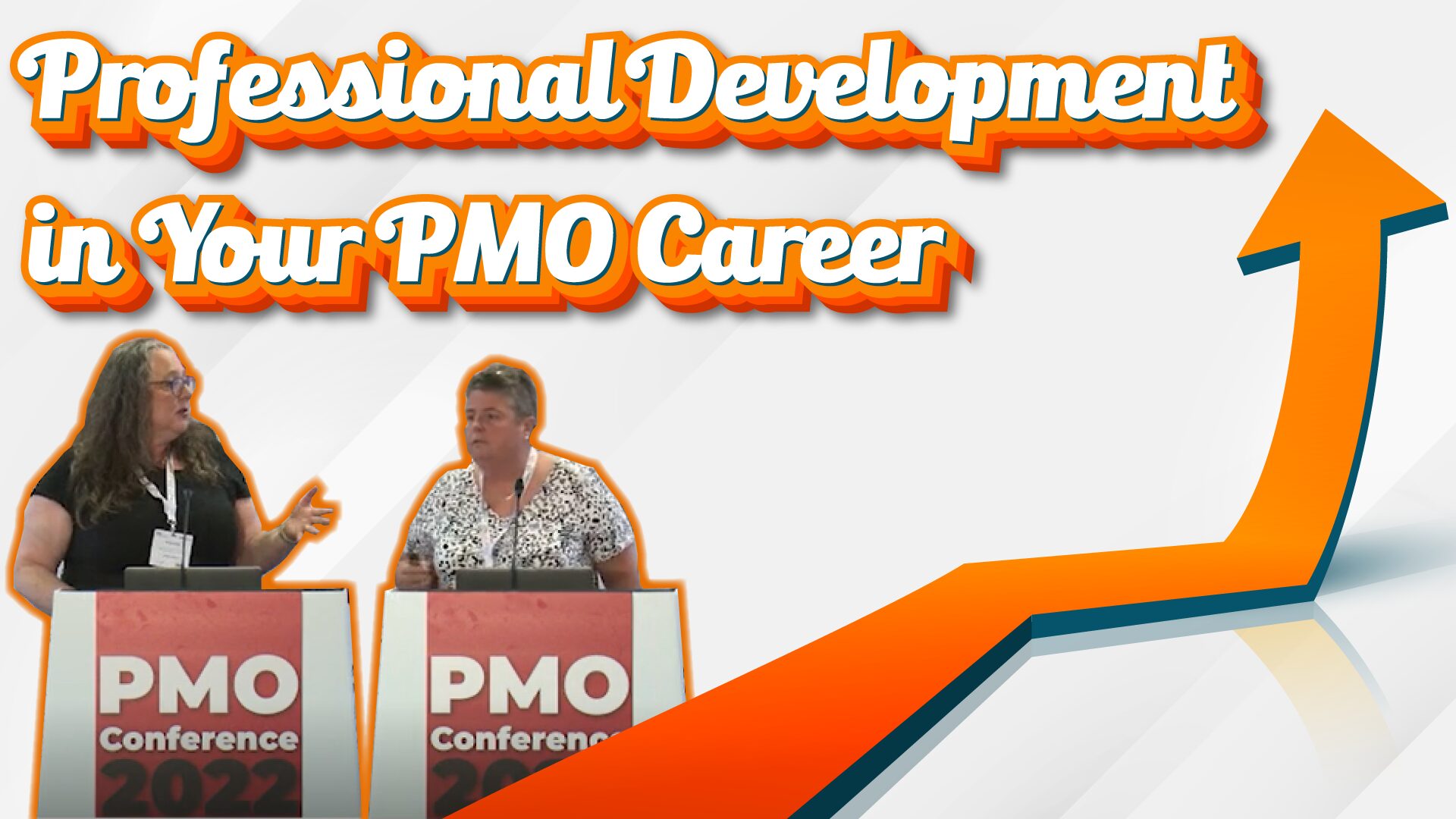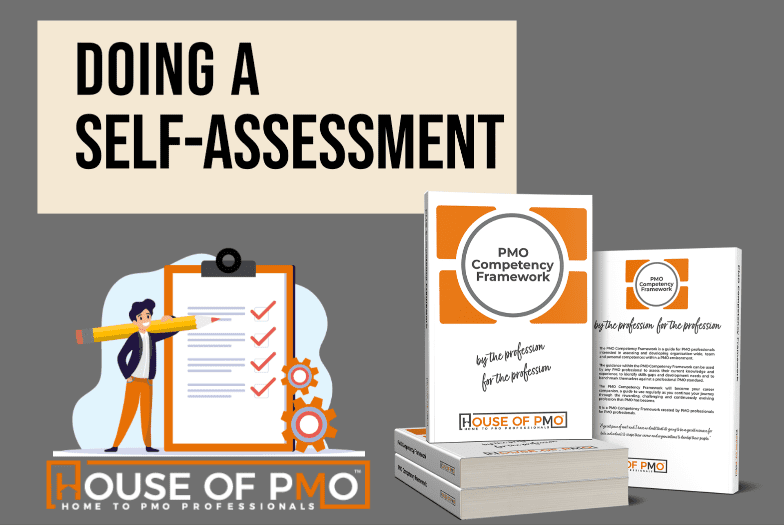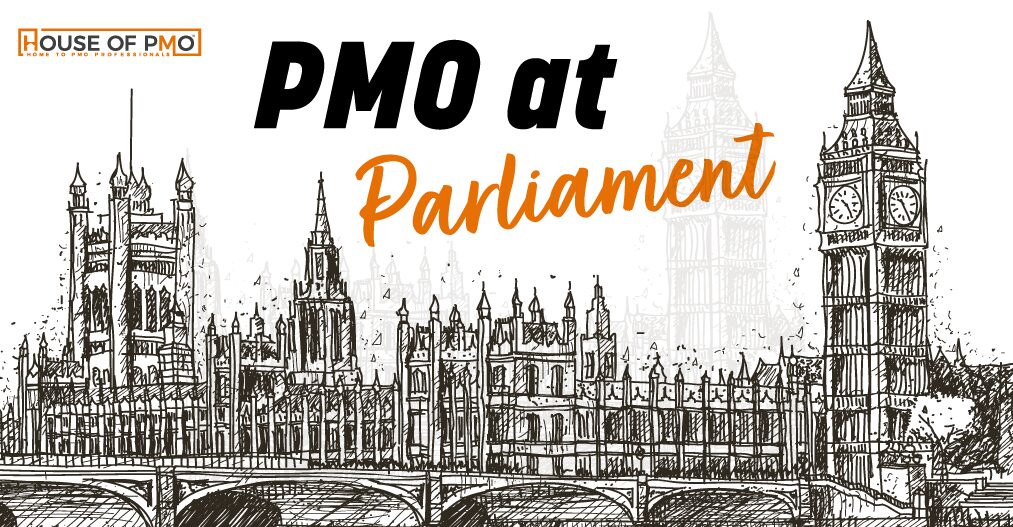In this session we look at the different types of knowledge needed by PMO practitioners in order to perform their roles competently. Explicit, implicit and tacit knowledge is discussed as well as the 16 areas from the PMO Competency FRamework.
Go to article
In this session, Eileen and Carol talk about the professional development available for all levels of PMO practitioners. They’ll be focusing on the four levels of qualifications from the House of PMO, PMO career paths, their own insights in how to develop yourself and your PMO team.
Go to article
Self-assessments are just one of the ways you can do an introspective on yourself - to understand what experiences, skills, knowledge and behaviours you have that make you competent at the role you perform. Once you have that understanding, you can use it to further improve on those areas you're already performing strongly at - and of course, address some of the weaknesses that become apparent.
We take a look at self-assessments with the PMO Competency Framework.
Go to article
Parliament UK is the centre of government and politics in the UK, and to manage democracy in the UK, they need PMOs to help them manage the portfolio of work. In this session, they share their insights into their experiences of adopting the House of PMO – PMO Competency Framework.
Go to article
- Date: June 17, 2020
- By: Lindsay Scott
- Categories: PMO Maturity
In last week's #PMOwfh the 10-in-10 (10 slides in 10 minutes) was all about maturity.
Organisational maturity; PMO maturity and your own maturity too.
It's a subject that often comes up when talking about challenges in delivery organisations - and of course in our own PMOs. In the session, we shared a number of detailed slides to cover the three different aspects.
Let's start by taking a look at the 10 minute recorded session and a closer look at those slides
Go to article





